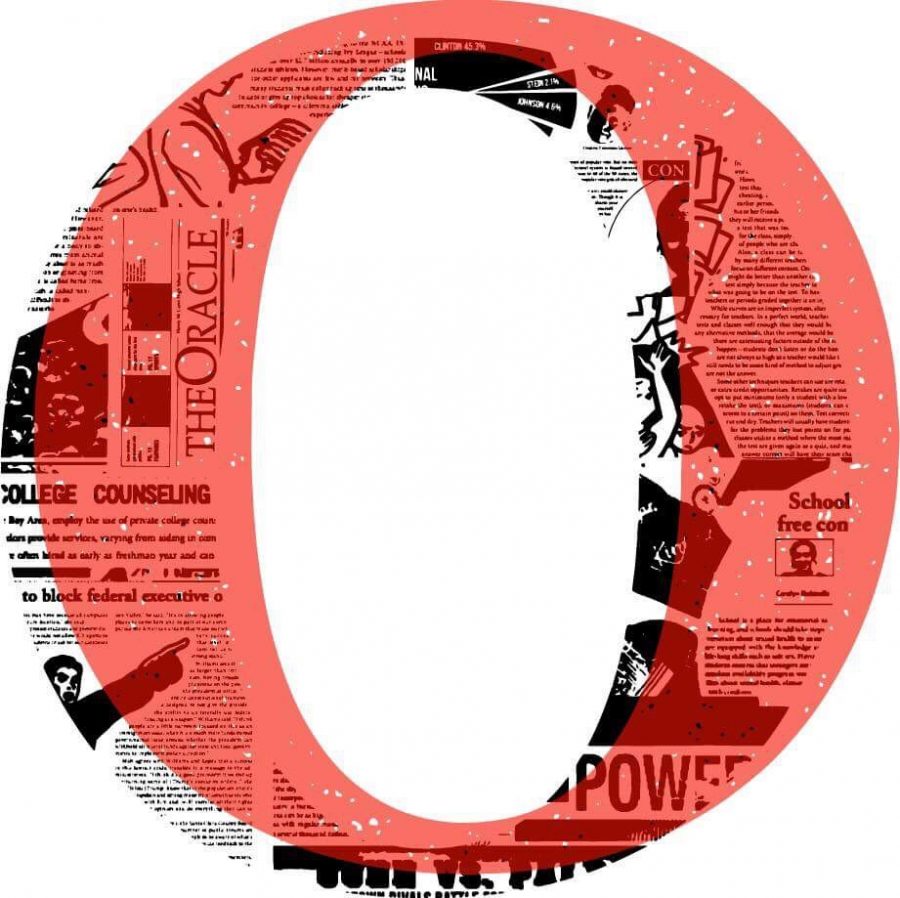Student athletes share experience with balancing sports, academics
For many, balancing school, sports and a social life seems almost impossible. Schools expect students to get at least eight hours of sleep while still having time to excel in school and have a social life. But where do sports fit in?
Senior Justin Chiao and Molly Wilkinson expand on their experiences being multisport athletes. Chiao doing Track and Cross Country and Wilkinson doing water polo, swim and previously, soccer, both have to deal with extra long days all year round.
Unlike athletes who participate solely in one sport, multisport athletes like Chiao and Wilkinson have to stay in shape for every season. Chiao expands on his vigorous training schedule, “I train year round with a one week break in between seasons.” In fact, each practice takes anywhere from one to three hours each day. All of these days out of the school year definitely add up.
It’s pretty clear that doing sports take up a lot of time and effort. Student athletes especially have to manage their time well because they already have less free time in their day. “A normal day [during swim/ water polo season] would be going to school and heading to the pool right after” she said. “I eat a small snack then have about two hours of practice. After that, I go home, shower, eat dinner, and hopefully start homework by seven p.m..” Because of the minimized hours they are faced with, time management is key. Starting work late after a long day of academics and athletics is not easy.
Aside from doing sports, schoolwork and even outside work, finding time for other activities can be a struggle. “It [sports] makes it a lot harder to have time to be social and even if I have the time, sometimes I’m tired and just want to rest” Wilkinson expressed. She does, however, bring up the great point that with each sport, you get the great opportunity to meet new friends and grow new relationships, “If you have good teammates, being at practice can become social time and you can still make time for other people. It’s just harder” she said.
On the other hand, balancing academics is a similar, but different struggle. From late practices to late meets, balancing school work is a skill that is acquired after time. “Sometimes meets interfere with my school work because I get lazy after running and I usually don’t do the work” Chiao said. “However, I usually have the time.”
Even with the large time commitment, Wilkinson and Chiao have always found joy in their athletics. “I’ve learned that no matter how hard it is, or how much it hurts, you will feel good after and the reward will almost always be worth it!” Wilkinson expands. Sports also can teach important life lessons. They allow people to experience real world problems and give them incentive to do better. Chiao opens up on how the competitive aspect of sports has helped him grow, “I learned that no matter how hard you train, there’s always gonna be someone faster than you, so you always have to give it your best.”
Your donation will support the student journalists of Henry M. Gunn High School. Your contribution will allow us to purchase equipment and cover our annual website hosting costs.


